Riluzole Tablets are a prescription medication designed to manage amyotrophic lateral sclerosis (ALS), also known as Lou Gehrig’s disease. This neuroprotective agent works by reducing the damage to nerve cells, potentially slowing the progression of the disease and improving overall quality of life.
- Active Ingredient: Riluzole
- Indications:
- Specifically used for the treatment of ALS.
Key Features:
- Helps slow down disease progression by reducing glutamate levels in the brain and spinal cord.
- Clinically proven to extend survival or the time before the need for ventilation in ALS patients.
- Oral formulation ensures ease of administration.
How to Use:
- Take as directed by your healthcare provider.
- Typically administered as one tablet twice daily, taken on an empty stomach (at least 1 hour before or 2 hours after meals).
Precautions:
- Not suitable for individuals with severe liver conditions.
- A series of liver function tests could be necessary in the course of treatment.
- Consult your doctor if pregnant, planning to conceive, or breastfeeding.
Packaging:
Securely packed in blister packs to ensure freshness and ease of use.
FAQ for Riluzole Tablets
1. What is the purpose of Riluzole Tablets?
Riluzole Tablets are used to treat amyotrophic lateral sclerosis (ALS) by slowing disease progression and helping preserve muscle function for a longer time.
2. How does Riluzole work?
Riluzole reduces glutamate levels, a chemical in the brain that can cause nerve cell damage in ALS patients. By lowering glutamate activity, it protects motor neurons from further degeneration.
3. How long should I take Riluzole Tablets?
Riluzole is typically prescribed for long-term use. Your healthcare provider will monitor your condition and adjust the treatment duration as necessary.
4. Are there any side effects of Riluzole?
Common side effects include nausea, fatigue, dizziness, and changes in liver enzymes. Serious but rare side effects include liver dysfunction or lung problems. Notify your doctor if you experience persistent or severe side effects.
5. Can Riluzole cure ALS?
No, Riluzole does not cure ALS. However, it helps slow the progression of the disease and may extend survival or delay the need for assisted breathing.
6. Is it safe to take Riluzole if I have liver problems?
Riluzole is not recommended for patients with severe liver conditions. Regular liver function tests are typically required to ensure safety during treatment.
7. Can Riluzole Tablets be taken with food?
Riluzole must be taken with a full stomach at least 1 hour prior to or 2 hours following meals to ensure optimal effectiveness and absorption.
8. Is Riluzole safe during pregnancy or breastfeeding?
The safety of Riluzole during pregnancy or breastfeeding has not been established. Always consult your healthcare provider before using this medication in such situations.

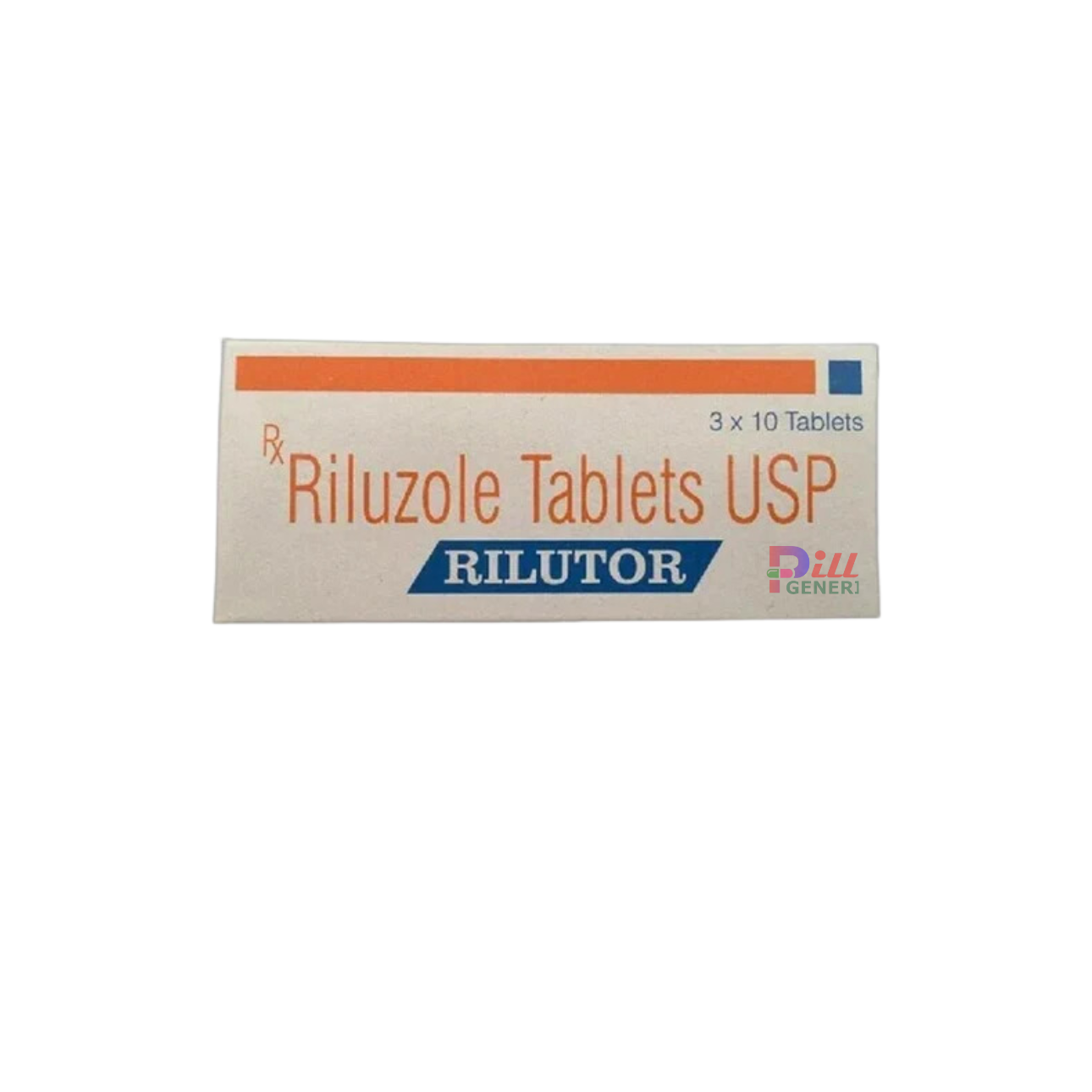

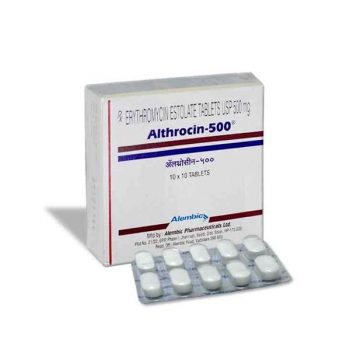
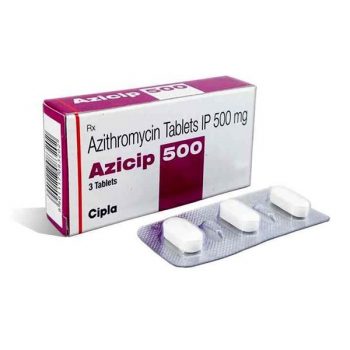

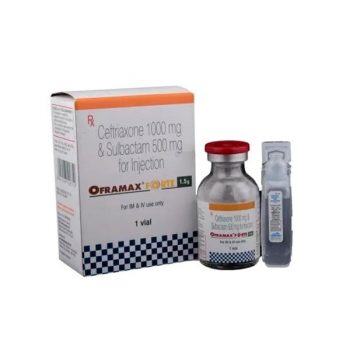

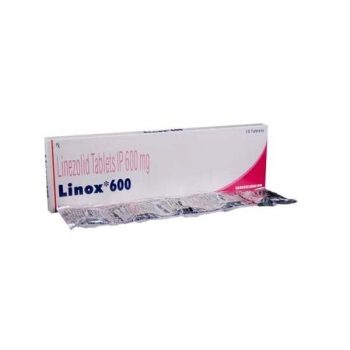

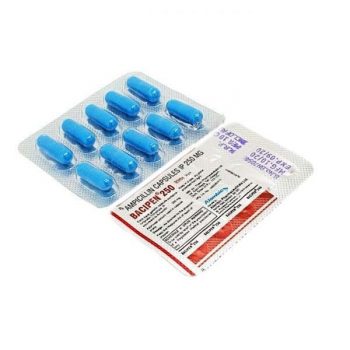
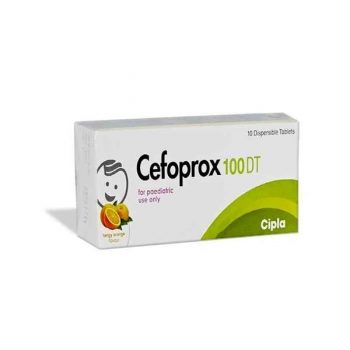
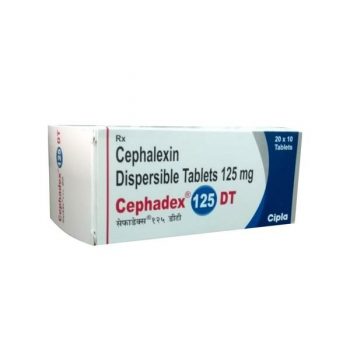
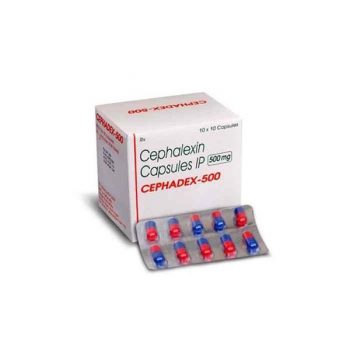

Reviews
There are no reviews yet.